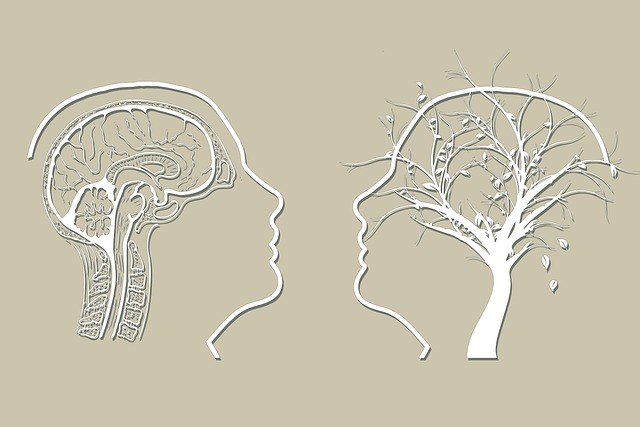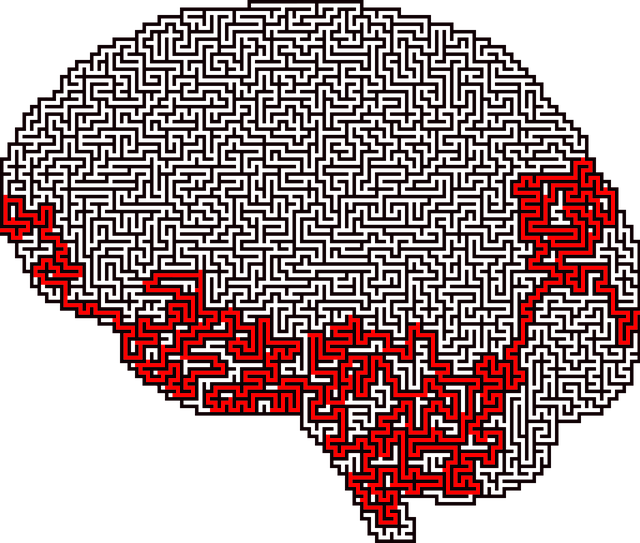Northglenn Divorce Therapy offers innovative mental wellness self-assessment tools leveraging their expertise in conflict resolution and emotional healing. These tools, like Burnout Prevention Strategies for Healthcare Providers, help individuals detect stress, anxiety, and depression early, guiding them towards appropriate Mental Wellness Coaching Programs. A holistic self-assessment framework includes emotional states, cognitive aspects, and social dynamics, promoting help-seeking behaviors and fostering healthier mental wellness. By tracking progress and identifying concerns, Northglenn's methods empower clients to manage life transitions and crises effectively through personalized interventions like Crisis Intervention Guidance and Trauma Support Services.
Mental wellness self-assessment tools are crucial for individuals seeking to understand and improve their psychological well-being. This article explores the development of such tools, focusing on the expertise of Northglenn Divorce Therapy. We delve into the process, highlighting key components like personalized questionnaires and evidence-based practices.
Northglenn Divorce Therapy plays a pivotal role in crafting effective assessments, drawing from years of experience in mental health support. Through comprehensive frameworks, these tools empower users to navigate their mental wellness journeys with increased self-awareness.
- Understanding Mental Wellness Self-Assessment Tools
- The Role of Northglenn Divorce Therapy in Developing Effective Tools
- Key Components of a Comprehensive Self-Assessment Framework
- Implementing and Measuring the Impact of Self-Assessment Tools for Mental Wellness
Understanding Mental Wellness Self-Assessment Tools

Mental wellness self-assessment tools are designed to help individuals gain a deeper understanding of their emotional and psychological state. These tools play a pivotal role in early detection of mental health issues, allowing for timely intervention and support. By using self-assessment questionnaires, individuals can assess their levels of stress, anxiety, depression, and other mental health indicators. This proactive approach is particularly beneficial for those seeking guidance, such as clients at Northglenn Divorce Therapy, who might be experiencing burnout or coping with life transitions.
Self-assessment tools like Burnout Prevention Strategies for Healthcare Providers offer a structured framework to evaluate one’s well-being. They can include questions related to work satisfaction, energy levels, and coping mechanisms, helping users identify areas of concern. Moreover, these tools often provide recommendations tailored to individual needs, promoting self-care practices and guiding users towards appropriate Mental Wellness Coaching Programs Development. Effective self-assessment is a key step in preventing burnout and fostering overall mental wellness.
The Role of Northglenn Divorce Therapy in Developing Effective Tools

Northglenn Divorce Therapy has played a pivotal role in developing effective mental wellness self-assessment tools. With their expertise in conflict resolution techniques and emotional healing processes, therapists at Northglenn have been instrumental in creating resources that cater to the diverse needs of individuals navigating challenging life transitions. By focusing on Mental Health Awareness, these tools not only help people assess their current psychological state but also provide guidance for fostering resilience and well-being.
Through a comprehensive understanding of the emotional landscape following divorce or other significant life events, Northglenn Divorce Therapy ensures that self-assessment tools are accurate, sensitive, and valuable. Their contributions have made it possible for individuals to proactively manage their mental health, allowing them to move forward with enhanced coping mechanisms and improved overall well-being.
Key Components of a Comprehensive Self-Assessment Framework

A comprehensive self-assessment framework for mental wellness should include several key components to ensure accuracy and effectiveness. First and foremost, it must incorporate a wide range of factors that contribute to an individual’s overall psychological well-being. This includes evaluating emotional states, such as stress levels, anxiety, and mood swings, which can be assessed through introspective questionnaires or diary entries. Additionally, the framework should consider cognitive aspects like thought patterns, self-perception, and problem-solving abilities, often measured through standardized tests or clinical interviews.
Furthermore, a robust self-assessment tool should delve into social dynamics by gauging interpersonal relationships, communication skills, and support networks, as these play a significant role in one’s mental health. Incorporating aspects like emotional healing processes and social skills training can help individuals identify areas for growth. By addressing the Mental Illness Stigma Reduction Efforts, such a framework promotes self-acceptance and encourages help-seeking behaviors, fostering a healthier relationship with one’s mental wellness at Northglenn Divorce Therapy or similar settings.
Implementing and Measuring the Impact of Self-Assessment Tools for Mental Wellness

Implementing self-assessment tools for mental wellness can significantly impact an individual’s journey towards better mental health. These tools serve as a starting point, enabling people to gain valuable insights into their emotional and psychological states. By regularly utilizing such assessments, individuals can track their progress over time, identify areas of concern, and take proactive measures to enhance their overall well-being. For instance, Northglenn Divorce Therapy has successfully incorporated self-assessment techniques to support clients navigating life transitions and personal crises, offering a framework for understanding and managing emotional challenges.
The impact of these tools extends beyond initial assessment, as they facilitate personalized interventions. Following the evaluation, individuals can be guided towards tailored strategies, such as Crisis Intervention Guidance or Trauma Support Services, ensuring comprehensive care. Moreover, promoting Self-Care Routine Development for Better Mental Health becomes more accessible when backed by self-assessment data. This holistic approach empowers individuals to take charge of their mental wellness, fostering resilience and a sense of agency in managing life’s challenges effectively.
Mental wellness self-assessment tools are invaluable resources, and Northglenn Divorce Therapy has played a pivotal role in their development. By understanding the key components of a comprehensive framework, these tools can effectively measure and enhance mental wellness. The impact of such initiatives is profound, enabling individuals to take control of their mental health and navigate life’s challenges with greater resilience. This article has highlighted the essential elements for successful implementation, leaving a clear path forward for further innovation in this domain.














